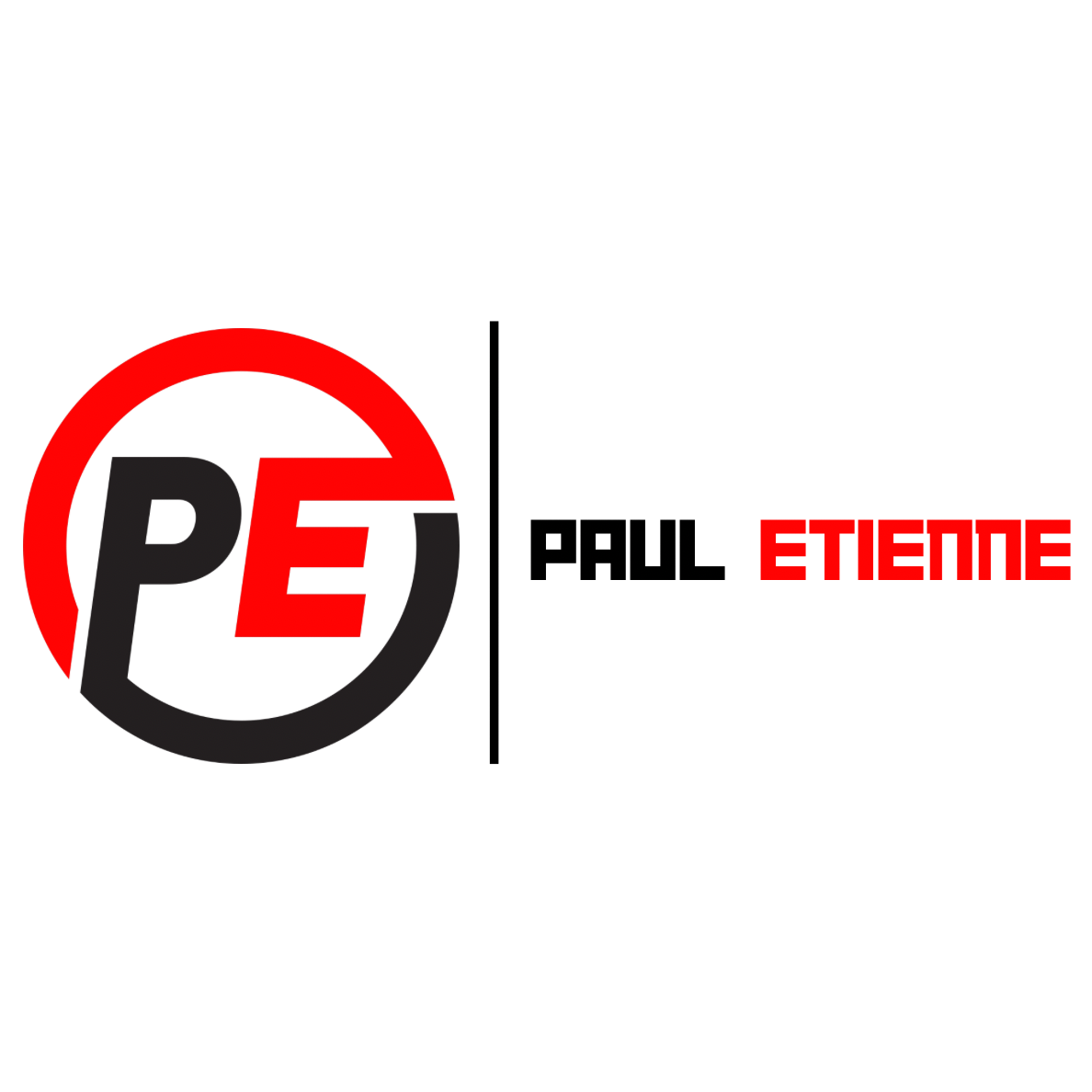In today’s fast-paced business environment, corporate financial planning is crucial to steer a company towards success. Hosting effective corporate financial planning seminars can be a game-changer for businesses looking to enhance their financial strategies. In this article, we will delve into the key aspects of hosting such seminars and how it can benefit both companies and participants.
The Importance of Corporate Financial Planning Seminars
Corporate financial planning seminars serve as invaluable resources for businesses of all sizes. They provide a platform for organizations to educate their employees, partners, and stakeholders about financial strategies and best practices. Here are some reasons why hosting such seminars is essential:
- Enhanced Financial Literacy: These seminars can help improve financial literacy among employees, enabling them to make informed decisions and contribute to the company’s financial goals.
- Alignment with Business Goals: Seminars allow businesses to align their financial planning with their overall business objectives, ensuring that resources are utilized efficiently.
- Risk Mitigation: Participants gain insights into identifying and mitigating financial risks, reducing the potential for financial crises.
- Team Building: Hosting seminars fosters teamwork and collaboration among employees, as they learn together and share their insights.
- Competitive Advantage: Companies that invest in financial education through seminars gain a competitive edge by making sound financial decisions.
Key Elements of Hosting Effective Seminars
To ensure the success of your corporate financial planning seminars, consider the following key elements:
- Expert Speakers: Invite financial experts and industry professionals to share their knowledge and insights.
- Interactive Workshops: Incorporate interactive sessions and workshops to engage participants actively.
- Customization: Tailor the content to meet the specific needs and goals of your organization.
- Practical Examples: Use real-life case studies and examples to make complex financial concepts more accessible.
- Networking Opportunities: Provide opportunities for participants to network and exchange ideas.


